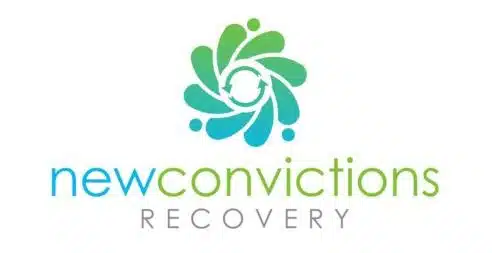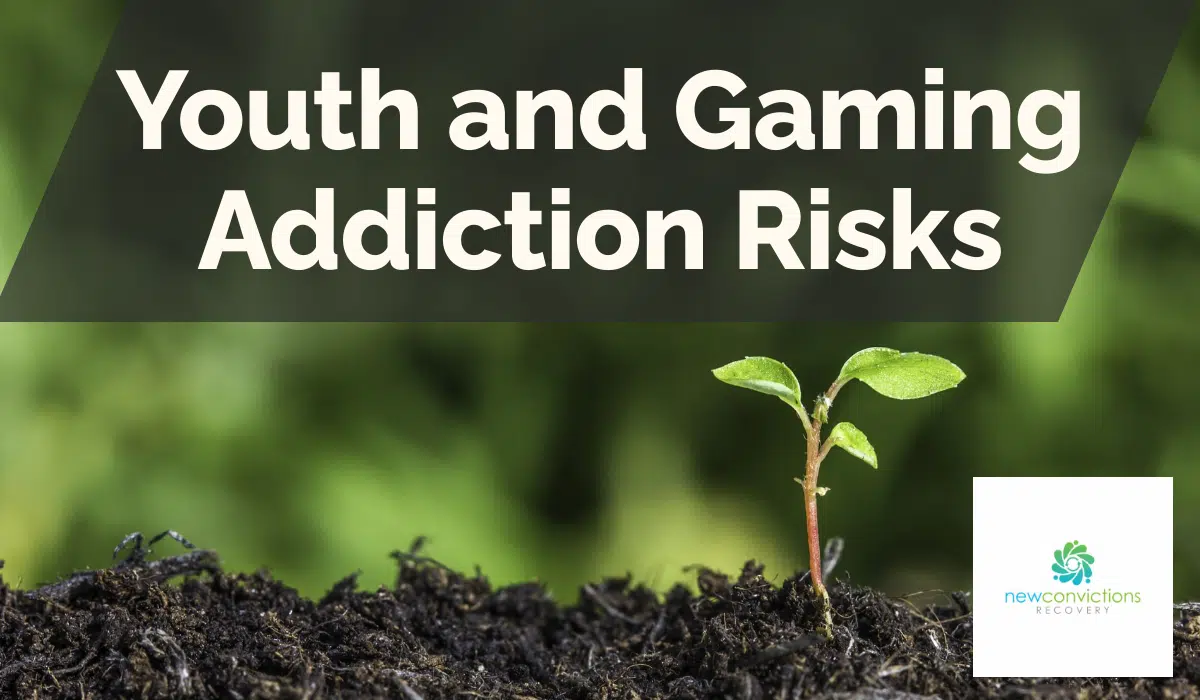Video games have become a ubiquitous part of modern culture, providing entertainment and a way to unwind. However, for some individuals, especially youths, the line between casual gaming and addiction blurs, leading to a host of potential risks and problems. This article will explore the risks, signs, and solutions to gaming addiction among young people and discuss why individual and family therapy can play a crucial role in managing this compulsive behavior.
Risks and Dangers of Gaming Addiction
Gaming addiction or problem gaming is a significant concern today, particularly with the increasing international popularity of online games. Unrealistic playing patterns can disrupt a person’s daily life, impact their academic performance, and interfere with their physical health. Over time, excessive gaming can lead to several social and mental health problems, such as isolation, depression, and anxiety. In some cases, it could also result in a problematic behavior that mimics a gambling disorder, with a compulsive quest for achievements, ranks, or game “loot.”
Recognizing Gaming Addiction in Youths
It’s important to distinguish between an enthusiastic hobby and a potential addiction. Youths who are addicted to gaming might prioritize their gaming time over hygiene, meals, sleep, and even school. They may also exhibit discomfort, irritability, or withdrawal symptoms when they’re not engaged in their favorite games. These signs should not be ignored and should be addressed promptly.
Effective Counseling for Youth Gaming Addiction
Early intervention is crucial when dealing with gaming addiction. Individual counseling can be instrumental in helping the affected person understand their behavior, learn coping mechanisms, and develop healthier hobbies. Personal therapy can also address any underlying emotional or mental health issues that might be contributing to the addiction.
The Role of Family Therapy
It’s not just the individual who is affected by gaming addiction; the entire family can feel the impact. Therefore, family therapy can play a crucial role in managing gaming addiction, assisting the entire family in understanding the problem and contributing productively to the solution. It can also help improve communication and foster a supportive environment at home.
FAQs about Gaming Addiction in Youth
- Is every youth who plays games at risk of gaming addiction?No, not everyone who plays games becomes addicted. It’s the behavior, frequency, and negative impact on their life that determines if gaming has become a problem.
- Is gaming addiction permanent?No, with the right intervention and support, individuals can overcome gaming addiction and lead healthier lives.
- How do I know if my child needs professional help?If your child’s gaming habit is significantly affecting their daily life, academics, or social interaction, it would be beneficial to seek professional help.
Conclusion
Gaming addiction among youth is an issue that should not be taken lightly. Recognizing the problem is the first step, and seeking professional help, such as individual counseling and family therapy, can ensure a healthier and more balanced life for the affected individuals and their families.

